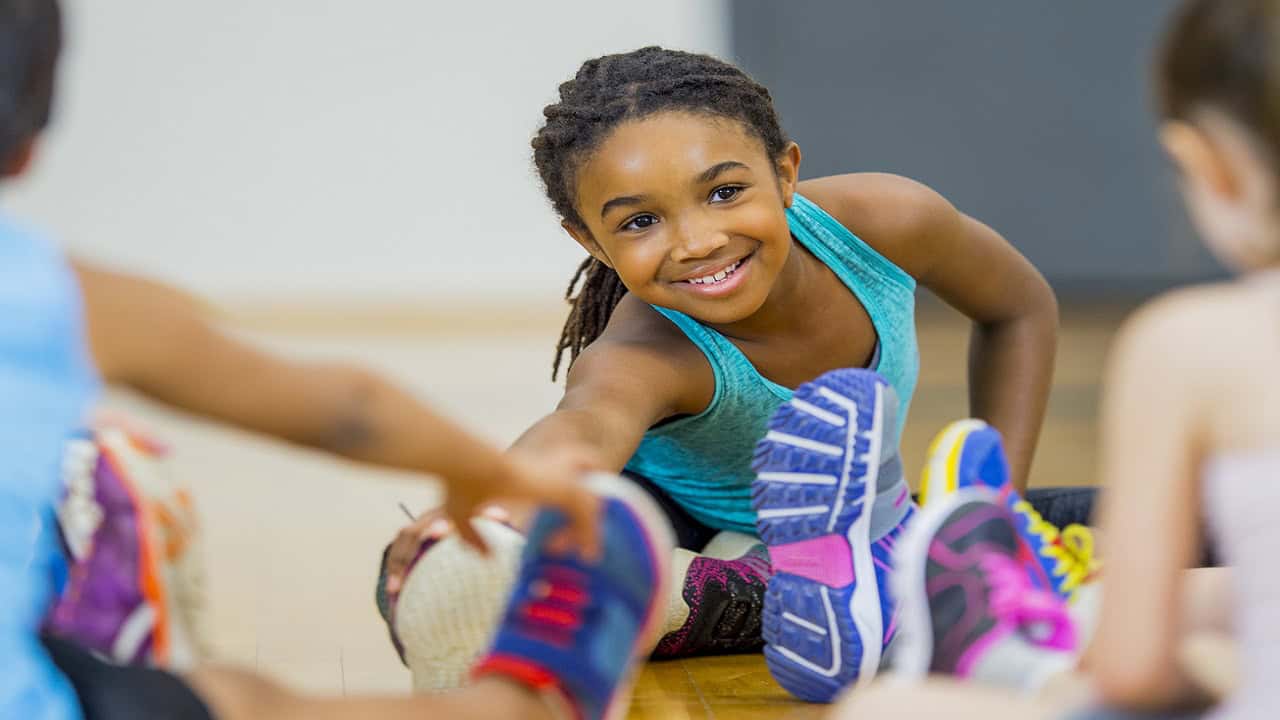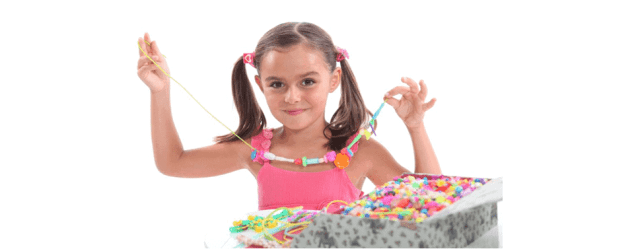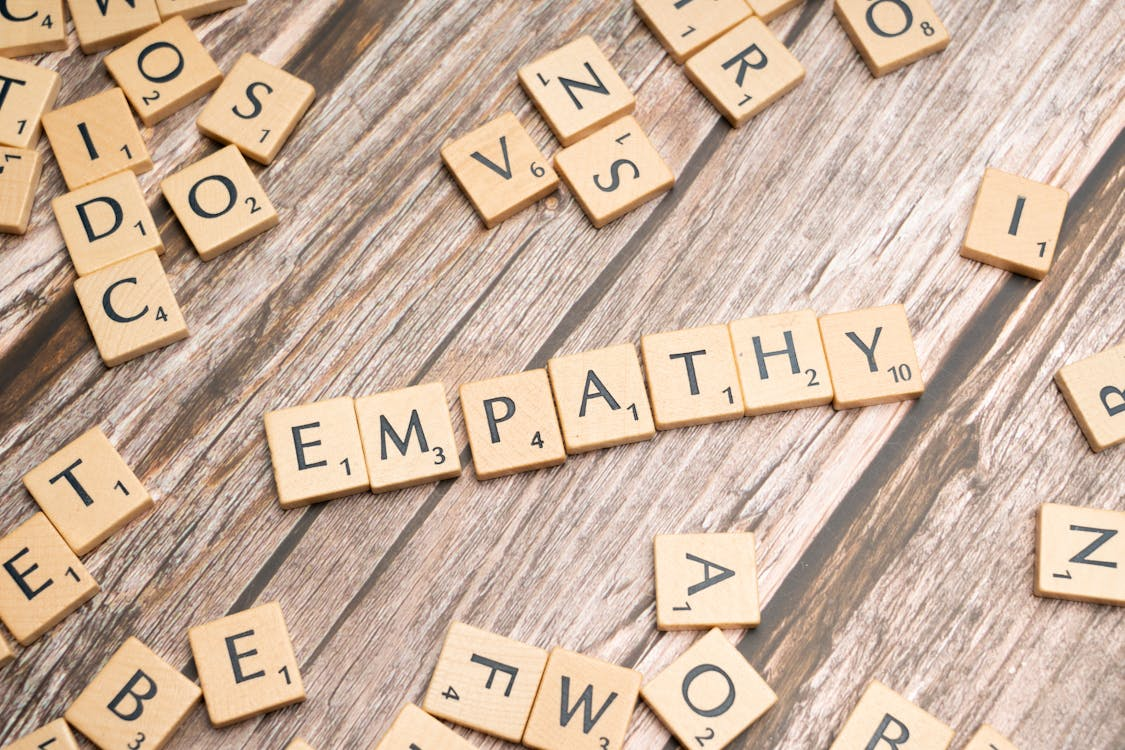How to Improve Your Mood When You’re Feeling Down (8 Research-Based Tips)

|
Getting your Trinity Audio player ready...
|
We all get down sometimes, but you don’t have to stay there. You can take charge and make yourself feel better using any of the tools below.
1. Exercise.
Even just ten minutes can make a difference. Exercise is a natural anti-depressant and also helps with stress, worry, and anxiety.

You May Also Like: 4 Great Benefits of Exercise for Children
2. Get outdoors and look around.
Enjoy it. Pay attention to the fresh air, sunshine, birds, foliage.
Maybe combine nature with exercise.

3. Talk to somebody you trust.
(Maybe tell them you don’t want advice, just listening.) Being listened to is a powerful help according to research.
4. Check your self-talk.
Are you saying negative things to yourself? It can be hard to stop, but you can counter it.
Talk to yourself like a good grandmother or a good uncle; coach yourself. “This won’t last forever.“ “You’ll do better next time.“ “You’re still a good person.” Etc.

5. Ask for help.
Maybe a trusted adult can give you good advice. This is not a weak thing: it takes courage to ask for help. Sometimes a different perspective can shed light on the topic and help you see things from a different angle.
6. Plan to do one thing you enjoy each day for a week.
Examples may include crafts, cooking, games/sports, music, nature walks, etc.
You may need to force yourself to do these things, but it will help.

7. Eat something healthy.
Some people feel temporary relief from alcohol or drugs, but they soon have a negative rebound, actually leading to a worse mood.
However; eating healthy foods such as fish, vegetables and fruits really do show to improve mood without negative effects.

8. This last one is the secret one.
Few people know about this one, and some people don’t believe in it. But you can try it for yourself and see:
Rate your mood right now, from one, just fine, to ten, the worst possible.
Write down the number.
Laugh. Just make yourself laugh. A good strong laugh.
Do it again (It helps if you can think of something funny, but that’s not necessary.)
Rate your mood again.
Did you notice a change?
You can do this at the beginning of every day or any time you want to feel better.

Thank you to Michael Carthy and Dr. Doug Puryear for help with writing/editing this article.
Education and Behavior – Keeping adults on the same page for kids!






